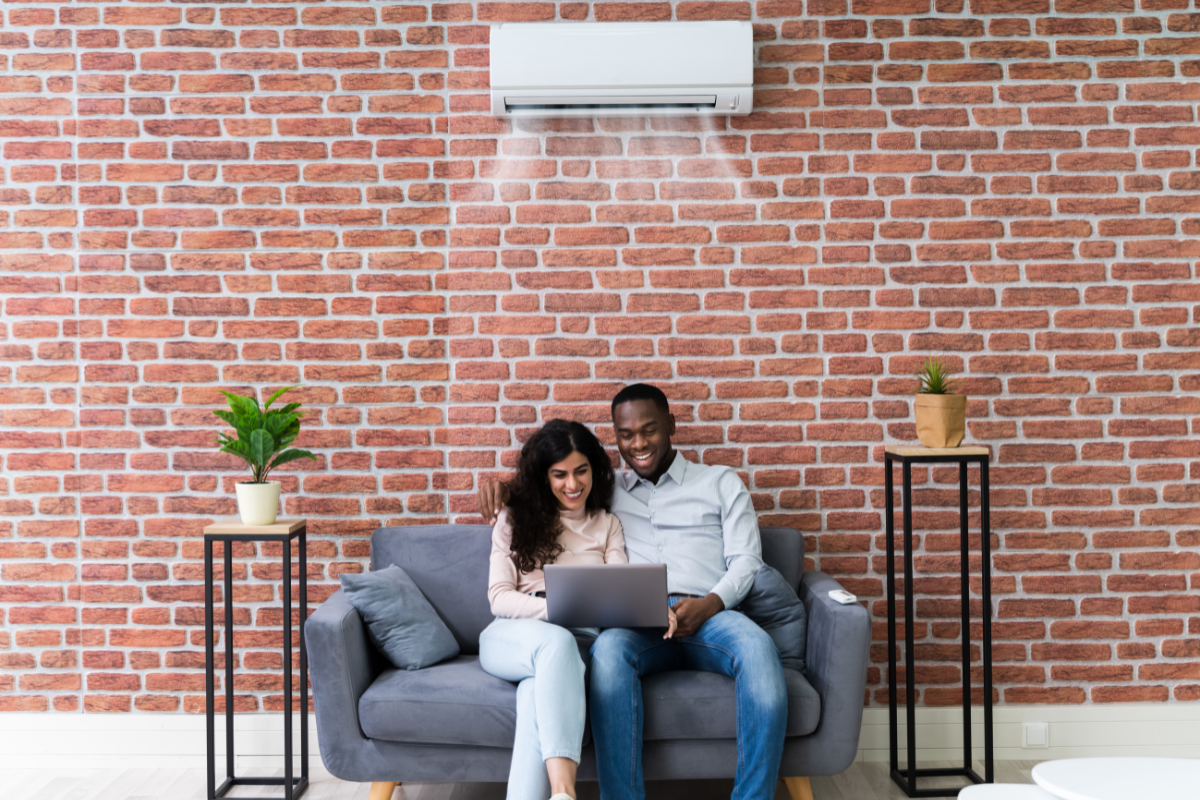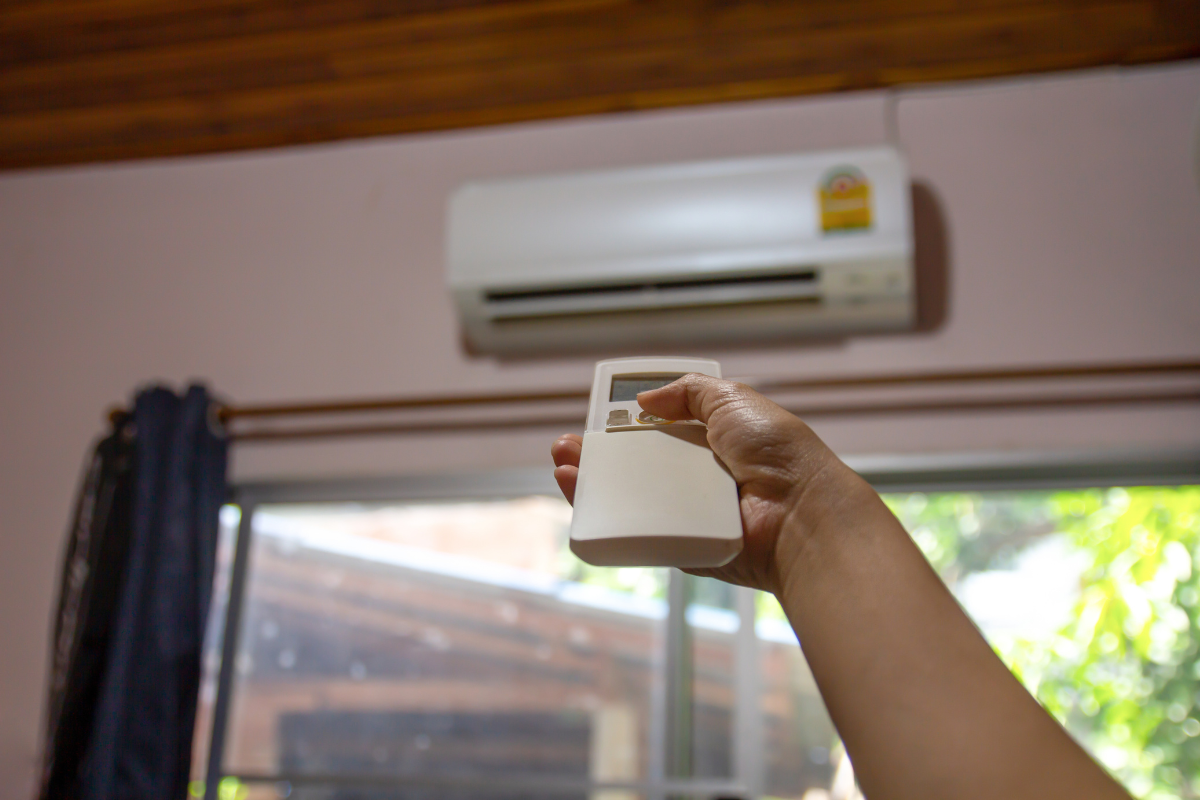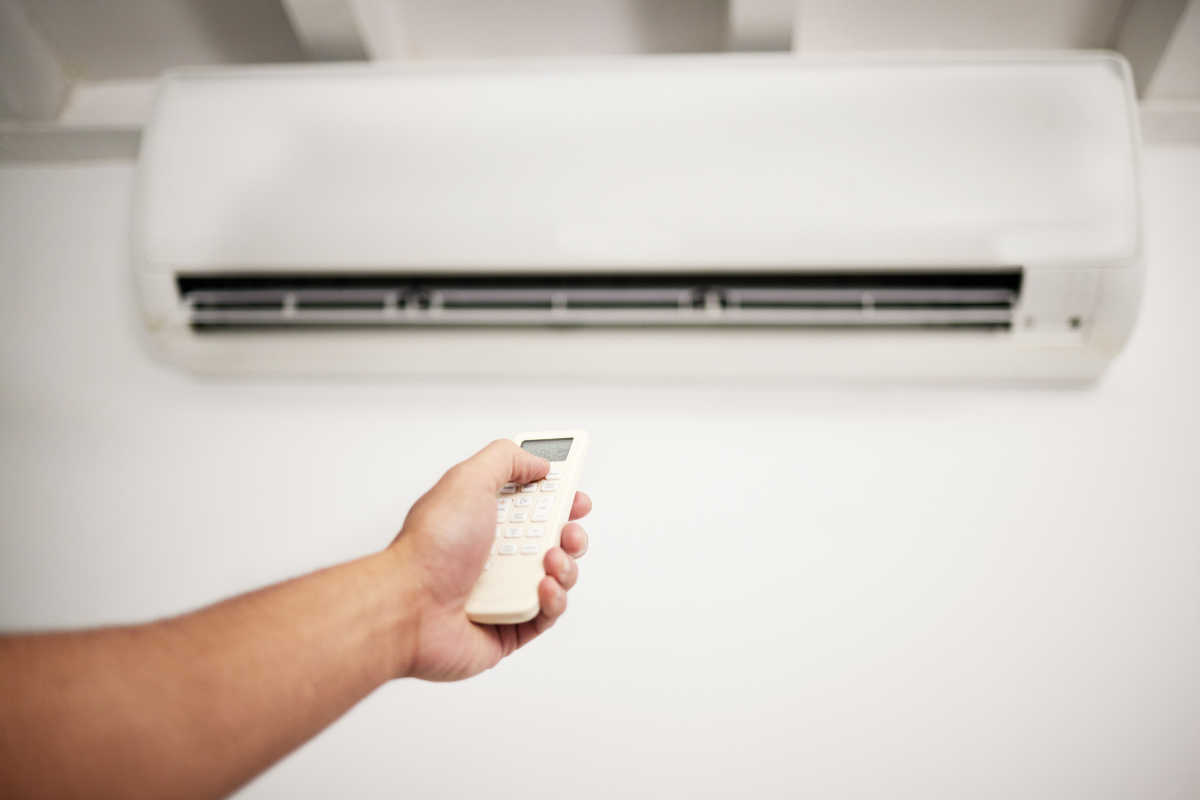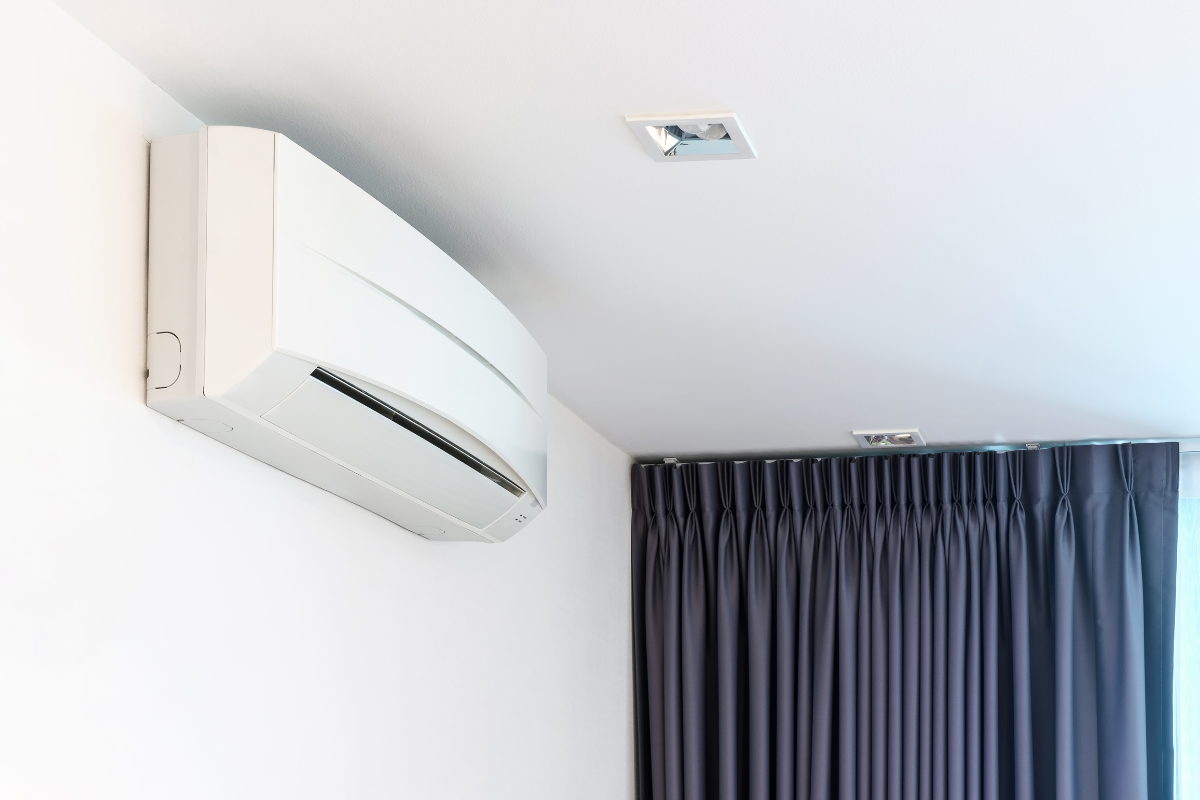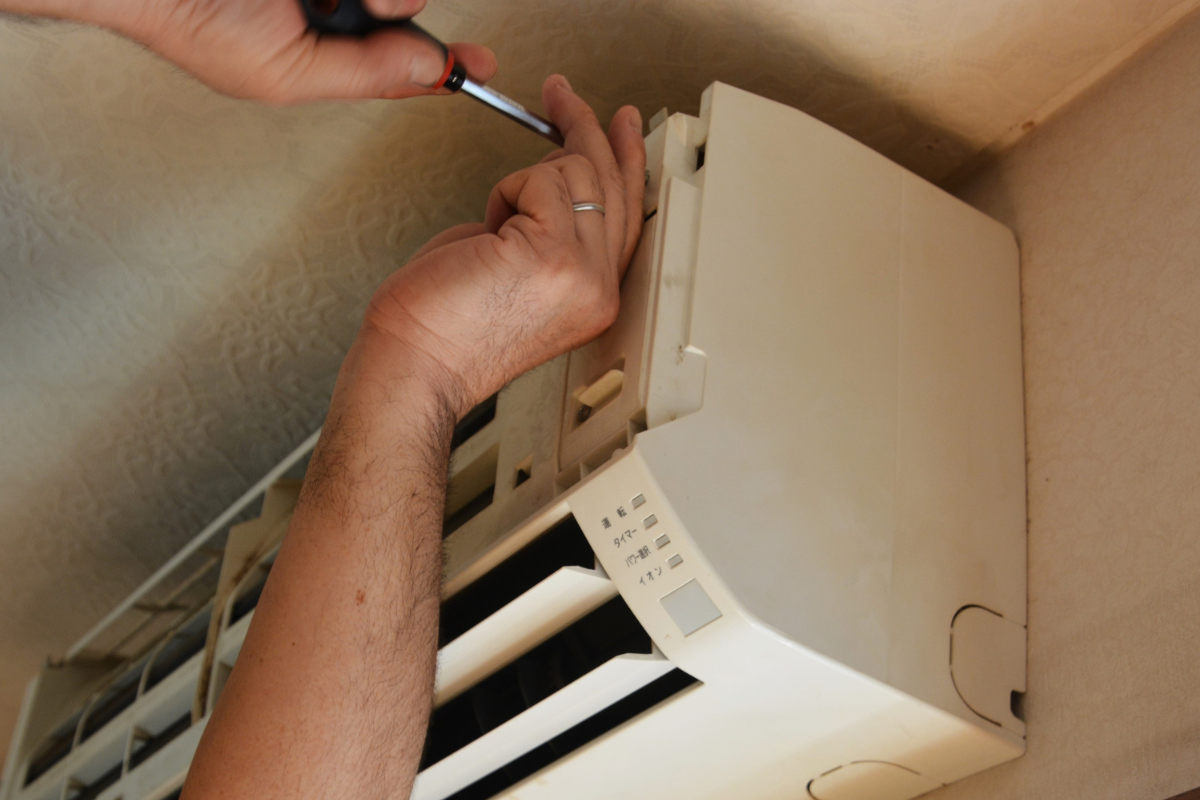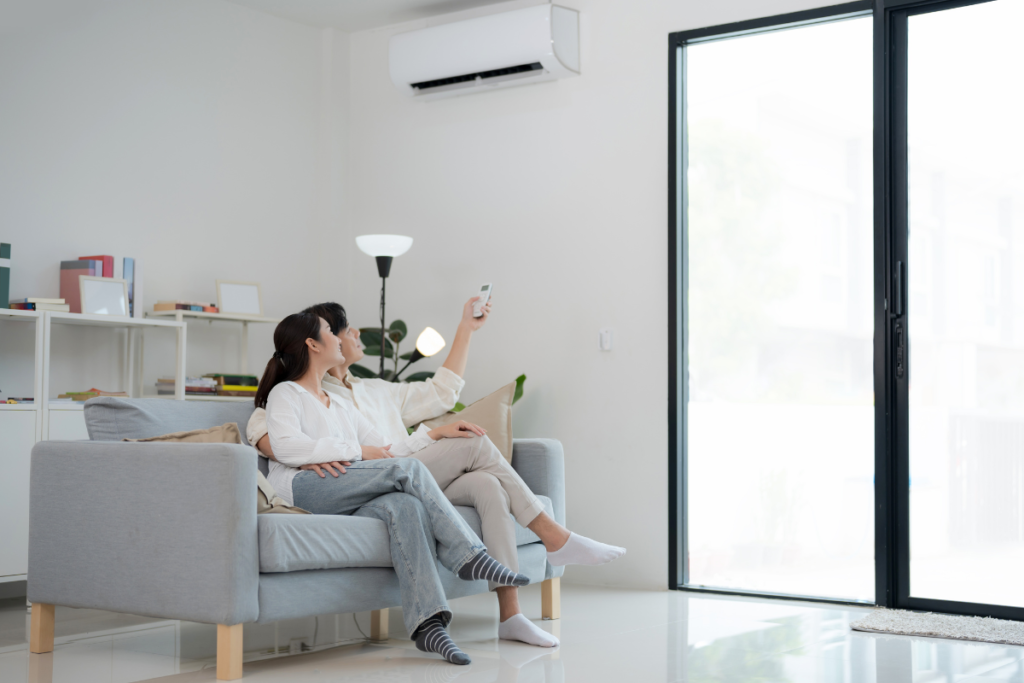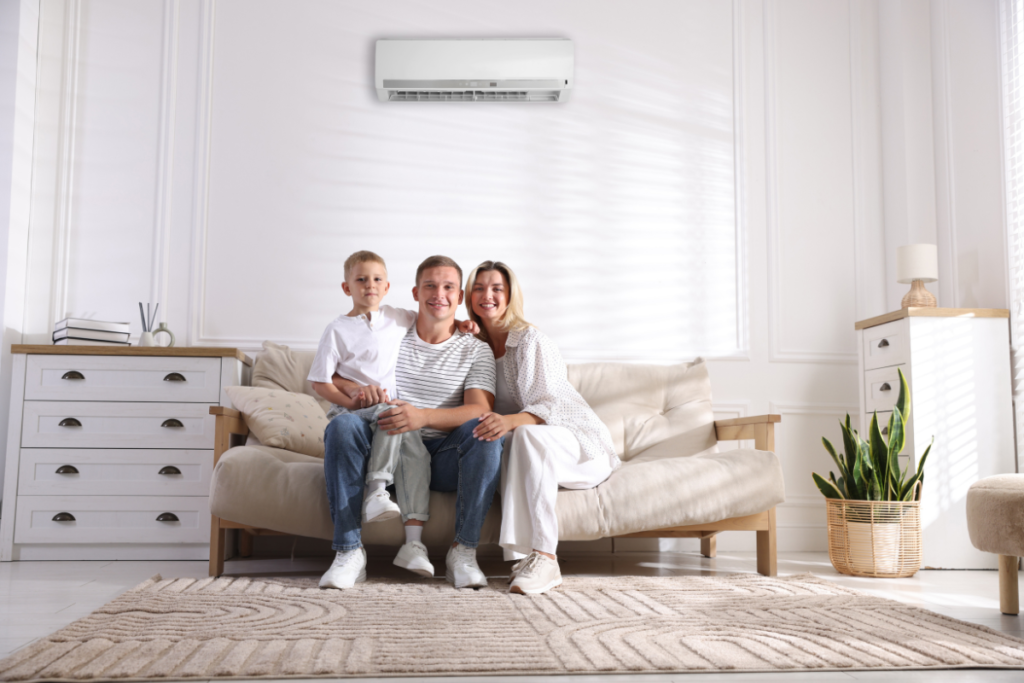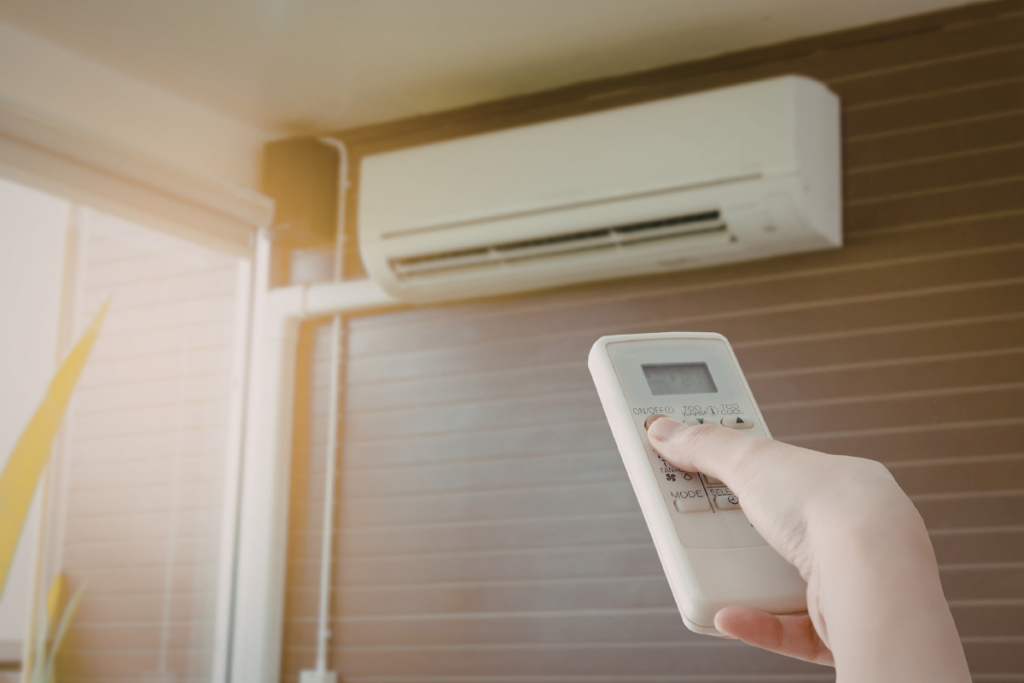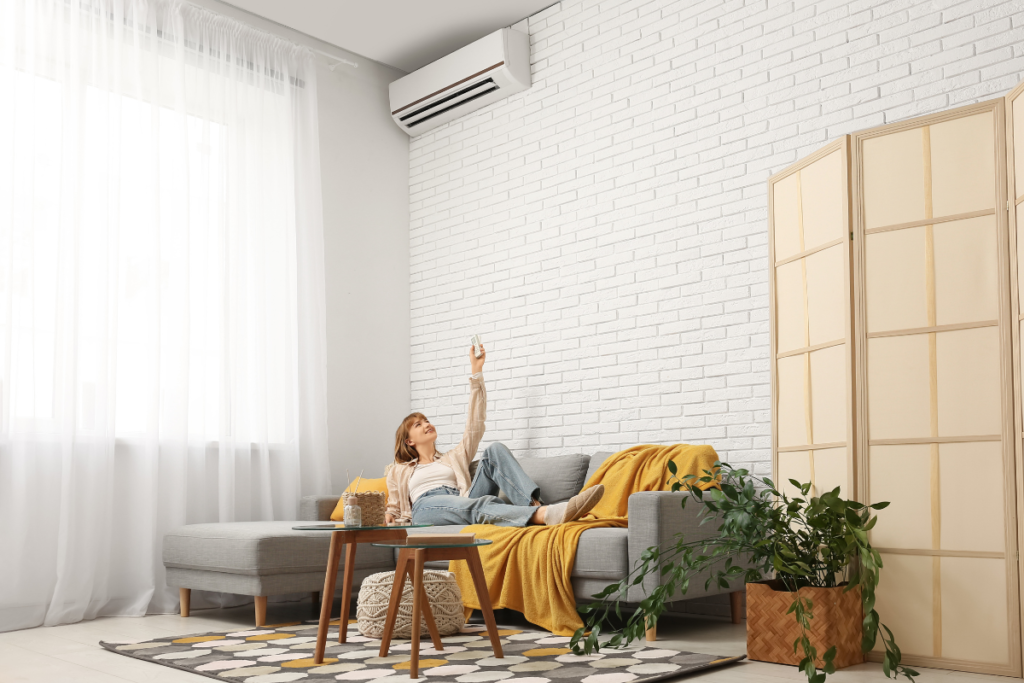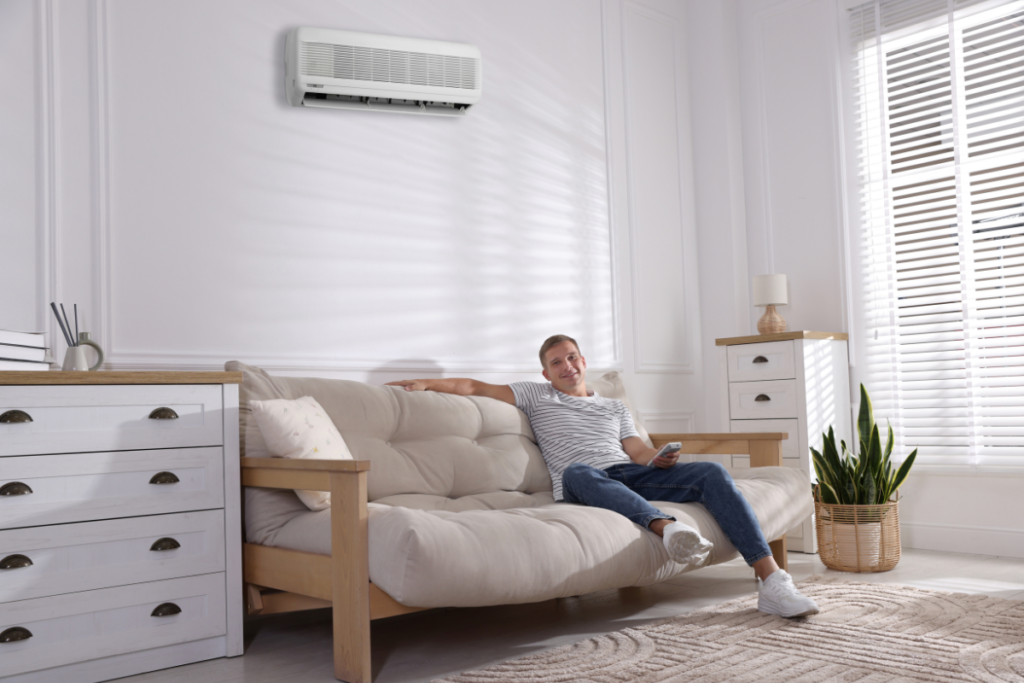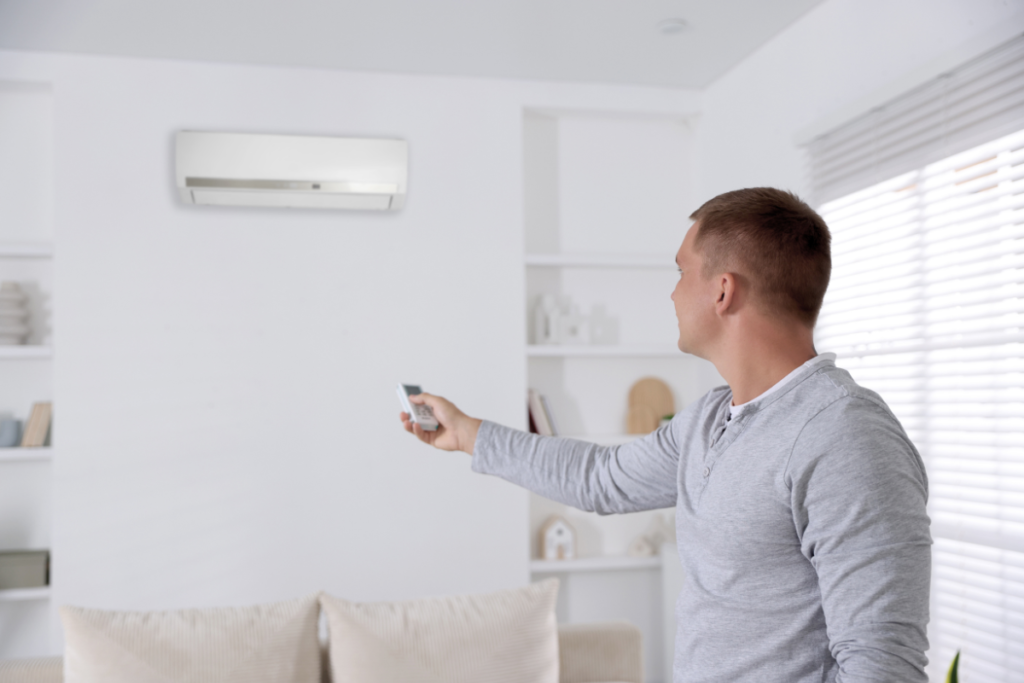Can you use an air conditioner in the winter? It might sound strange at first for some Gold Coast people because they have always thought air conditioning is for cooling in summer. But that’s actually a common misunderstanding. Let’s clear up the confusion and discover some air conditioning tips and tricks.
Table of contents
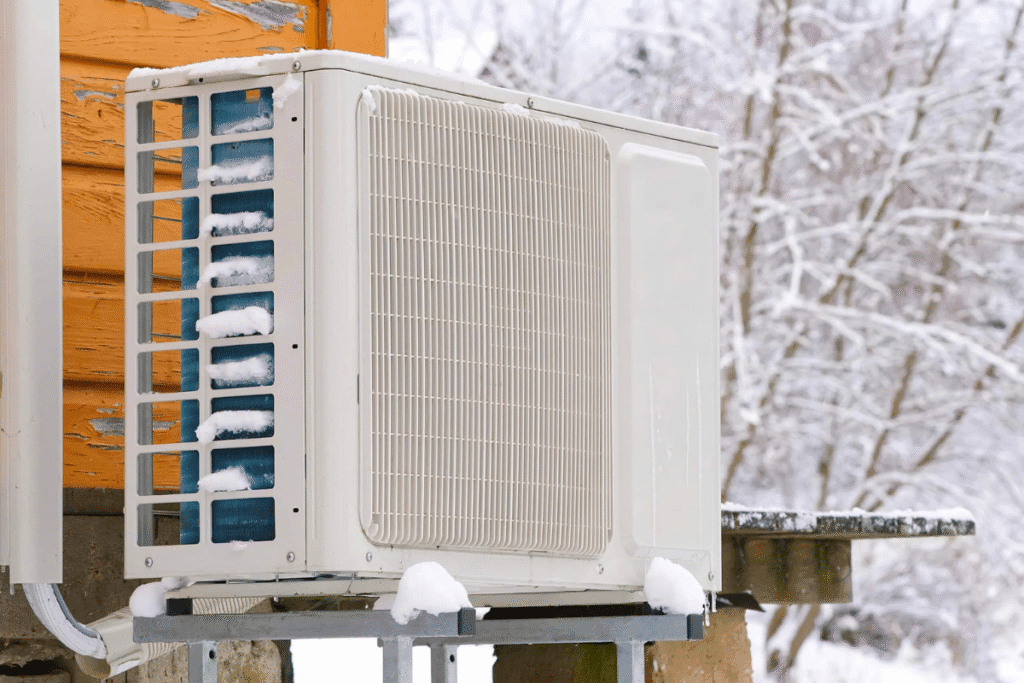
What happens if you use air conditioning in the winter?
You might be surprised to learn that using air conditioning in the winter can actually:
- Make your home more comfortable: Modern AC units, especially fully internal ones, work year-round, not just in the summer. They help keep your space at a steady and comfortable temperature even when it’s cold outside.
- Help improve air quality: Not just adjusting the temperature, it also reduces humidity and brings fresh air. This can be especially useful if your home tends to get stuffy or too warm from indoor heating or insulation.
Running your AC for a short time each day can also:
- Support better sleep, easier breathing (especially if you have asthma
- Help reduce health risks linked to overheating like heart issues in older adults
- If you’re working from home, a steady temperature can help you stay focused and productive.
So yes, you can use air conditioning in the winter. But not all units are built for cold weather. Some are designed to shut off when it gets too cold and using them below their limit can lead to damage.
Here’s why: Air conditioners use special oil to keep the compressor running smoothly, but in cold weather, the oil can thicken and stop working properly. This may cause the compressor to overheat or fail. Condensation can also freeze on the coils and damage the system.
So before using your AC in winter, make sure it’s built for cold weather. If you’re unsure, ask a technician.
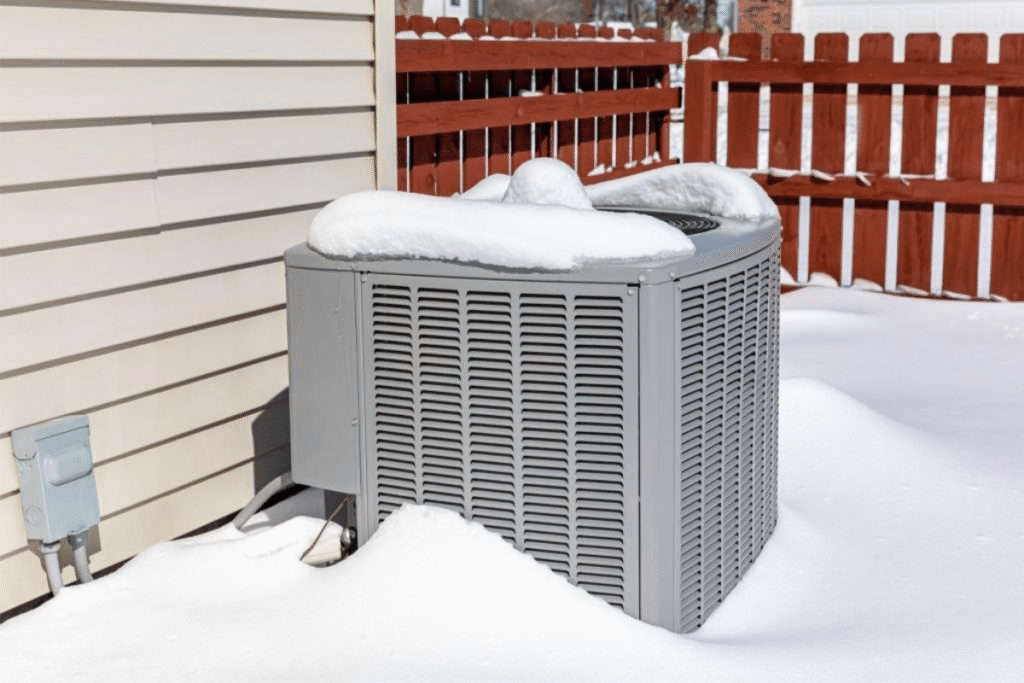
Is it more efficient to leave air conditioning on in winter?
While modern air conditioners with heating (like reverse-cycle systems) are quite efficient in winter, leaving them on all day isn’t always the best way to save energy.
It’s more efficient to keep your home at a steady and comfortable temperature using a thermostat. This helps avoid sudden temperature changes, which can use up more power. Instead of running your aircon non-stop, it’s better to set it to turn on only when the room drops below your ideal temperature.
The same goes for heating, don’t leave it blasting all day. Just find a setting that keeps everyone in your home comfortable, and let the system turn on and off as needed.
At night, when it’s colder outside and you’re wrapped up in bed, you probably won’t need the aircon at all. Turning it off then can help save even more energy.
For most homes, the best air conditioner temperature in winter is between 25°C and 27°C. It’s a comfy range that keeps you warm without wasting energy and it’s good for your health too.
At night, for most adults, the ideal bedroom temperature is somewhere between 25°C and 26°C. For babies, it’s a bit warmer, around 27°C to 28°C. These ranges already assume you’re using winter blankets and warm sleepwear so there’s no need to set the heat too high.
You can absolutely use an air conditioner in the winter but remember to pick the right system. With smart settings and a bit of care, your AC can help you stay warm, breathe easier and feel more comfortable. Make sure your unit is built for cold weather and run properly, contact DEEPCHILL, your supportive partner in air conditioning Gold Coast for more useful air conditioning tips and tricks!

